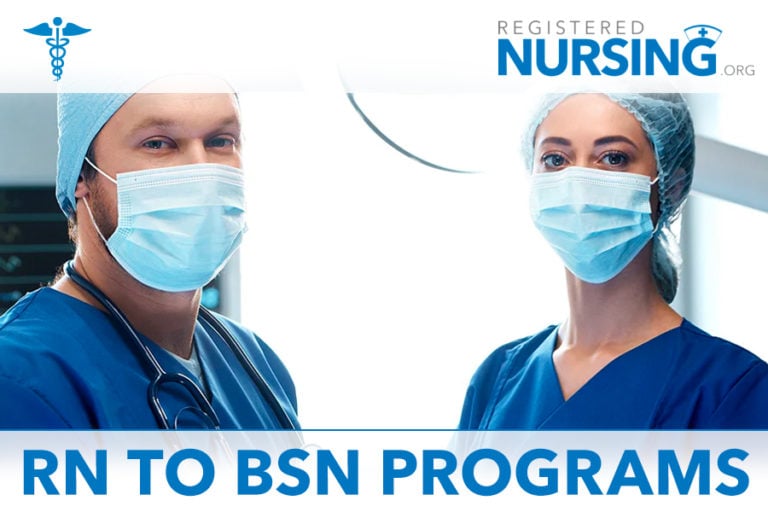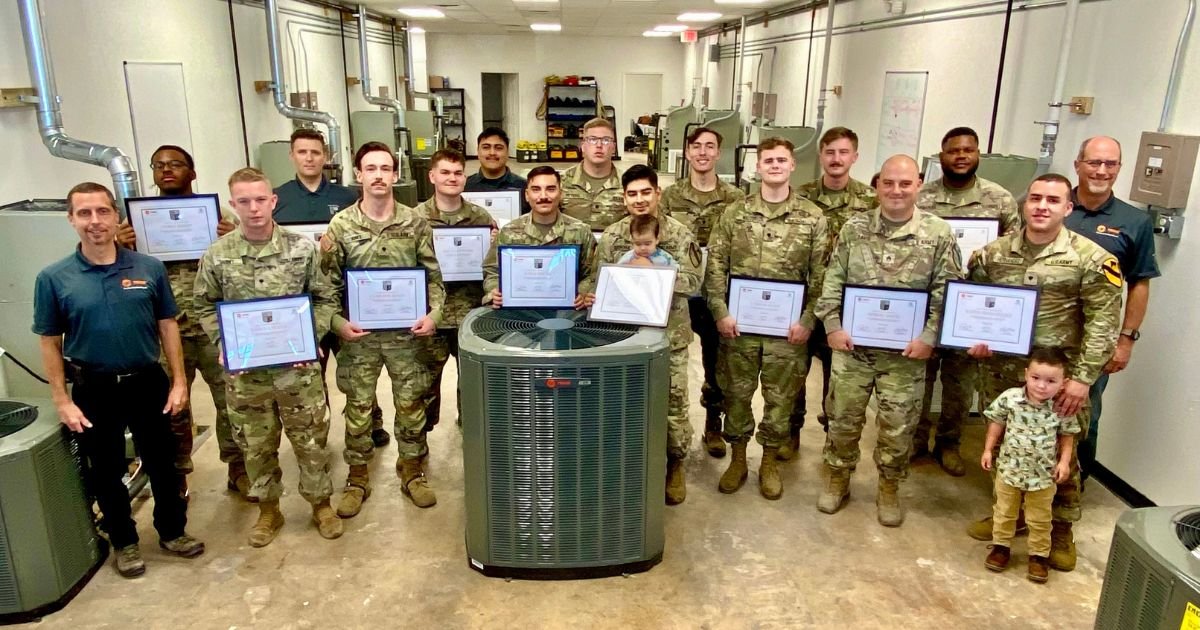Congenital adrenal hyperplasia (CAH) is a group of rare genetic disorders affecting the adrenal glands, leading to hormone imbalances that require lifelong management. For researchers, healthcare providers, and patients, congenital adrenal hyperplasia programs and funding programs for congenital adrenal hyperplasia offer critical resources to advance research, improve treatments, and enhance quality of life. In 2025, numerous organizations worldwide are driving progress through innovative programs and funding opportunities. This comprehensive guide explores the top CAH programs, funding initiatives, eligibility criteria, and how they empower the CAH community to thrive.
Understanding Congenital Adrenal Hyperplasia (CAH)
CAH affects approximately 1 in 10,000 to 1 in 18,000 individuals, making it a rare disease that disrupts the production of cortisol, aldosterone, and androgens. Symptoms range from salt-wasting crises in classic CAH to milder symptoms in non-classic CAH, such as early puberty or fertility challenges. Managing CAH requires specialized care, including hormone replacement therapy and ongoing medical monitoring. Congenital adrenal hyperplasia programs provide education, support, and research to address these challenges, while funding programs for congenital adrenal hyperplasia fuel groundbreaking studies to improve treatments and find cures.
Top Congenital Adrenal Hyperplasia Programs in 2025
Several organizations lead the charge in supporting the CAH community through research, advocacy, and patient care programs. Below are the most prominent congenital adrenal hyperplasia programs available in 2025.
1. CARES Foundation Research Program
The CARES Foundation, the only U.S.-based organization dedicated solely to CAH, runs a robust congenital adrenal hyperplasia program focused on research, education, and support. Since its founding in 2000, CARES has donated hundreds of thousands of dollars to CAH research, funding studies to improve treatments and quality of life.
Key Features:
-
Research Support: Funds projects at accredited institutions, such as CARES-approved Comprehensive Care Centers (CCCs), to advance CAH-related studies.
-
Patient Advocacy: Provides resources like clinical trial information and support for families navigating CAH.
-
Eligibility: Researchers must submit proposals by September 1, 2025, for funding in 2026. Proposals are reviewed by an internal board.
-
Impact: Supports innovative research, such as novel drug therapies and protocols to reduce long-term complications.
Contact: Email Dina@caresfoundation.org for application guidelines.
2. NICHD CAH Research Program
The Eunice Kennedy Shriver National Institute of Child Health and Human Development (NICHD) is a leading funder of CAH research within the National Institutes of Health (NIH). Its congenital adrenal hyperplasia program has supported studies for over 50 years, focusing on genetics, treatment innovations, and co-occurring conditions like hypoglycemia.
Key Features:
-
Research Scope: Funds intramural and extramural studies, including the Christina Tatsi Lab’s work on hypothalamic and pituitary disorders related to CAH.
-
Eligibility: Open to researchers at accredited institutions. Funding opportunities are listed through NIH’s Parent Announcements for investigator-initiated applications.
-
Impact: Advances understanding of CAH’s genetic basis and develops targeted therapies.

3. Pediatric Endocrine Society (PES) CAH Resources
The Pediatric Endocrine Society offers a congenital adrenal hyperplasia program through its CAH Guide for Families and clinical resources. While not a funding program, PES supports healthcare providers and families with evidence-based guidelines on CAH diagnosis and management.
Key Features:
-
Educational Resources: Provides comprehensive guides on CAH symptoms, diagnosis, and treatment.
-
Grants and Scholarships: PES offers research grants for pediatric endocrinologists studying CAH, accessible through its website.
-
Impact: Enhances clinical care and educates families to improve CAH management.
Funding Programs for Congenital Adrenal Hyperplasia in 2025
Funding programs for congenital adrenal hyperplasia are essential for driving research and innovation. Below are the top funding opportunities available in 2025, based on the latest information.
1. IFCAH-ESPE-ESE Call for Projects 2025
The International Fund Raising for Congenital Adrenal Hyperplasia (IFCAH), in collaboration with the European Society for Pediatric Endocrinology (ESPE) and the European Society of Endocrinology (ESE), launches its 14th funding program for congenital adrenal hyperplasia in 2025, offering €350,000 for CAH research.
Key Features:
-
Eligibility: Open worldwide to academic groups working on CAH. Projects should focus on CAH pathophysiology or therapeutic advancements, with preference for European teams (except for gene or cellular therapy projects).
-
Application Process:
-
Submit a Letter of Intent (LOI) by January 15, 2025.
-
LOI decision meeting in February 2025.
-
Full application due by April 2025.
-
Oral presentation (in Paris or via video conference) in June 2025, with awards announced in July 2025.
-
-
Impact: Funds cutting-edge research, such as adrenal organoid development or transcriptional programs in ACTH-induced hyperplasia.
Application: Download the LOI form from ifcah.com or eurospe.org.

2. CARES Foundation Research Grants
The CARES Foundation’s funding program for congenital adrenal hyperplasia supports researchers at accredited institutions, particularly those affiliated with CARES-approved Comprehensive Care Centers. Since 2000, CARES has funded studies to improve CAH treatments and find a cure.
Key Features:
-
Eligibility: Researchers at institutions with established CAH programs. Proposals must demonstrate clear benefits to the CAH community.
-
Application Process: Submit proposals by September 1, 2025, for 2026 funding. Guidelines are available at caresfoundation.org.
-
Impact: Funds projects like participant recruitment for clinical trials and studies on long-term CAH outcomes.
3. NICHD Research Grants
NICHD’s extramural funding supports CAH research through competitive grants. Researchers can apply for funding to explore CAH genetics, novel therapies, or related conditions.
Key Features:
-
Eligibility: Open to researchers at accredited institutions worldwide. Proposals must align with NICHD’s research priorities.
-
Application Process: Submit through NIH’s grant portal, with deadlines varying by funding opportunity.
-
Impact: Supports innovative studies, such as those in the Catherine Gordon Lab, focusing on adolescent health and CAH.

Eligibility and Application Tips
To secure funding from congenital adrenal hyperplasia programs or funding programs for congenital adrenal hyperplasia, applicants should:
-
Demonstrate Relevance: Proposals must address CAH-specific challenges, such as improving hormone replacement therapies or reducing complications.
-
Provide Strong Documentation: Include detailed research plans, budgets, and evidence of institutional support.
-
Highlight Impact: Show how the project will benefit the CAH community, such as through new treatments or quality-of-life improvements.
-
Meet Deadlines: Adhere to strict deadlines, such as January 15, 2025, for IFCAH’s LOI or September 1, 2025, for CARES Foundation grants.
-
Collaborate: For IFCAH, including European teams (where applicable) strengthens applications.
Tips for Success:
-
Tailor Proposals: Align your project with the funder’s mission, such as CARES’ focus on community benefit or IFCAH’s emphasis on pathophysiology.
-
Seek Expert Review: Have colleagues or mentors review your proposal for clarity and scientific rigor.
-
Leverage Networks: Connect with CAH advocacy groups like CARES or PES for guidance and support.
The Impact of CAH Programs and Funding
Congenital adrenal hyperplasia programs and funding programs for congenital adrenal hyperplasia have far-reaching impacts:
-
Advancing Research: Funding supports innovative studies, such as gene therapies or novel drug delivery systems, potentially leading to cures.
-
Improving Care: Programs like PES’s CAH resources enhance clinical practices, ensuring better outcomes for patients.
-
Empowering Communities: Advocacy and education initiatives reduce stigma and provide families with tools to manage CAH effectively.
-
Driving Global Collaboration: International programs like IFCAH foster partnerships across borders, accelerating CAH research.
For example, IFCAH’s past funding supported projects like Dr. Andreas Schedl’s work on adrenal organoids (€50,000) and Professor Gary Hammer’s research on ACTH-induced hyperplasia (€125,000), advancing CAH treatment options.
How to Get Involved
To engage with congenital adrenal hyperplasia programs or apply for funding:
-
Explore Funding Opportunities: Visit ifcah.com, caresfoundation.org, or nichd.nih.gov for application details.
-
Join Advocacy Groups: Connect with CARES Foundation or NORD for networking and support.
-
Participate in Research: Researchers can collaborate with CARES-approved CCCs or apply for NICHD grants.
-
Stay Informed: Follow ESPE, ESE, or CARES for updates on 2025 funding cycles and deadlines.

Conclusion
Congenital adrenal hyperplasia programs and funding programs for congenital adrenal hyperplasia are vital for advancing research, improving treatments, and supporting the CAH community. In 2025, initiatives like the IFCAH-ESPE-ESE Call for Projects, CARES Foundation grants, and NICHD research programs offer significant opportunities for researchers and advocates. By leveraging these resources, the CAH community can drive innovation and enhance quality of life. Start exploring these programs today to contribute to a brighter future for those living with CAH.










.jpg)


